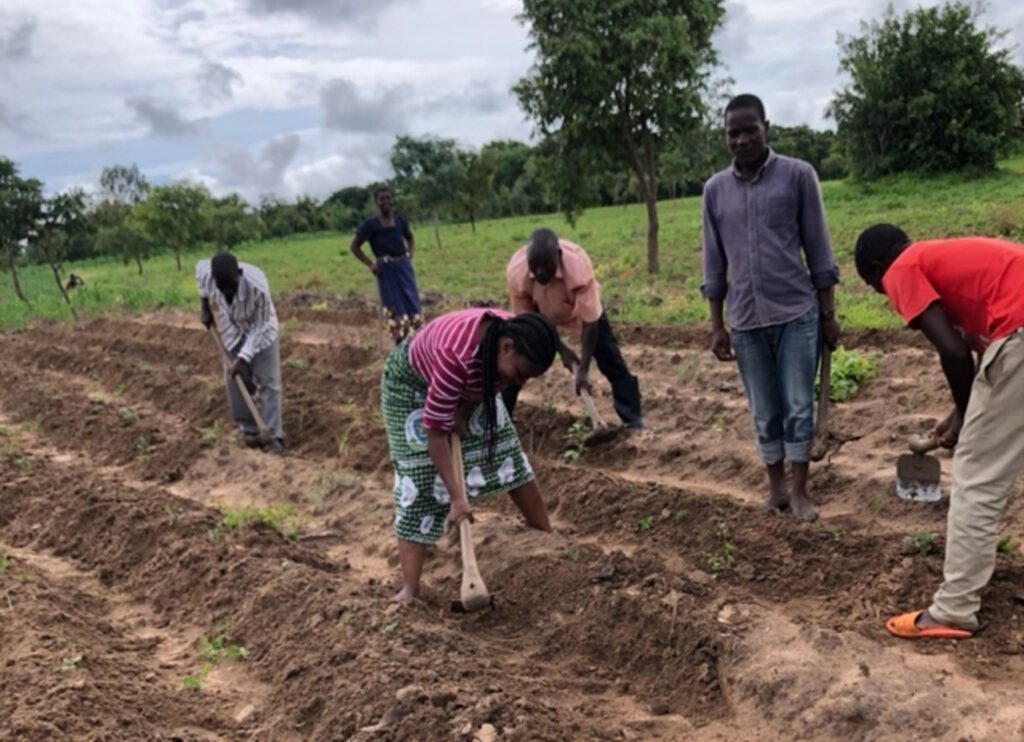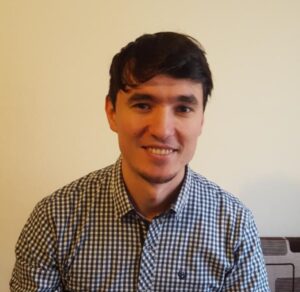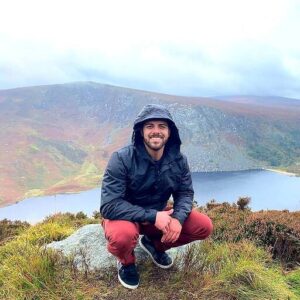University of Oxford
11a Mansfield Rd
OX1 3SZ
UK


Robert Bogdan

Jeferson Paula
26th June 2023
1 minute read
COVID-19 is causing widespread human suffering, as the most acute global public health emergency of our generation. While the origin of the novel coronavirus that causes COVID‐19 remains uncertain, several wild species (particularly bats) are known to be important hosts for this family of zoonotic diseases.
Author

Robert Bogdan | web developer
I’ve long been fascinated by the inextricable link between people and nature, and believed that the voices and knowledge of indigenous peoples and local communities should play a central role in developing conservation policy and practice. I enjoy researching and developing robust, cost-effective and ethical approaches to monitoring biodiversity in challenging environments, and for engaging with indigenous peoples and local communities. I love drawing on interdisciplinary methods to research socio-ecological systems, and translating research into outputs that inform conservation practice and policy.
Author

Jeferson Paula | web developer
I’ve long been fascinated by the inextricable link between people and nature, and believed that the voices and knowledge of indigenous peoples and local communities should play a central role in developing conservation policy and practice. I enjoy researching and developing robust, cost-effective and ethical approaches to monitoring biodiversity in challenging environments, and for engaging with indigenous peoples and local communities. I love drawing on interdisciplinary methods to research socio-ecological systems, and translating research into outputs that inform conservation practice and policy.
